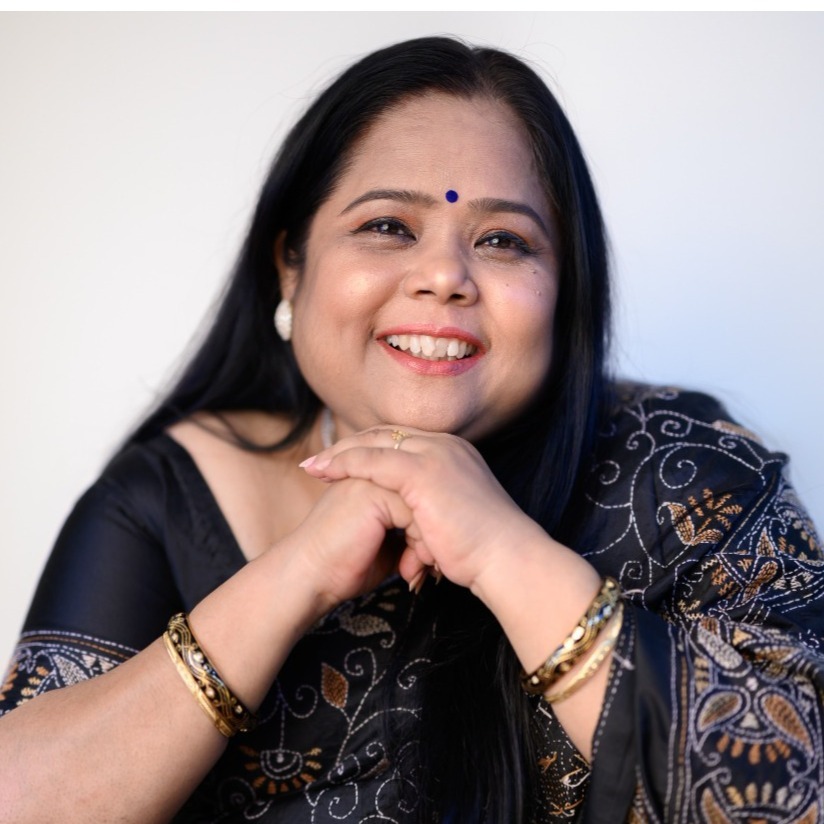There are no items in your cart
Add More
Add More
| Item Details | Price | ||
|---|---|---|---|

Photo by Jackson Simmer on Unsplash
Tue Jun 4, 2024 4 min Read
COVID-19 has underscored the profound unpredictability of our world. The swift and drastic shifts and ongoing instability make traditional strategies like "business as usual" or focusing solely on incremental growth risky. Such approaches can potentially leave your company ill-prepared and vulnerable. While we can't foresee what lies ahead, engaging in strategic planning by exploring various plausible future scenarios is valuable. This proactive approach equips your team, business unit, or organization, to navigate challenges with greater resilience and adaptability.
Over the years, the acronym VUCA has been commonly employed to characterize environments marked by volatility, uncertainty, complexity, and ambiguity. However, what was once reserved for describing exceptional and disruptive circumstances has become the norm. Whereas, BANI (Brittle, Anxious, Nonlinear, and Incomprehensible) is a framework developed by futurist and author Jamais Cascio, highlights the skills to survive and thrive in the face of uncertainty.
Future thinking, also known as futures or future casting or strategic foresight, involves envisioning and planning for potential future scenarios. As strategists, we leverage our imagination and thorough research to speculate on possible outcomes rather than definitively predict them. This approach enables us to think strategically, actively influencing the development of a future world we aspire to inhabit.
Unlike the concept of VUCA (volatility, uncertainty, complexity, ambiguity), which focuses on current conditions, futures thinking is about projecting potential futures rather than making predictions. The future will continue advancing – whether we are prepared or not, hence BANI is better suited for a future-ready organization.
In a recent collaboration, a prominent Retail authority in India partnered with our team to conduct a Futures exercise to address crucial questions to inform their strategic planning. Our Strategy team began by identifying the megatrends shaping the future of the retail industry and analyzing how these trends impact the organization's current business challenges.
Drawing from these insights, the team crafted four future scenarios, each set in the year 2035, to delve into speculative yet plausible future worlds. These scenarios served as catalysts for discussion, stimulating exploration of potential business implications and offering valuable guidance for strategic decision-making. For a deeper dive into our approach, feel free to pick a copy of the book Master Agile and Resilient Strategy.
A typical strategic foresight project begins with identifying the signals of change. By collecting a multitude of signals, discernible patterns emerge, facilitating the creation of "if-then" projections. These scenarios serve as illuminating guides for businesses, enabling them to navigate uncertainty and prepare for various eventualities.

The essence of this exercise lies in crafting multiple conceivable and realistic future scenarios, envisioning how businesses would respond to each set of circumstances. It begins with fostering imagination and exploring possibilities, with subsequent evaluation and consideration of outcomes.
Through this process, termed "Futures," businesses and strategists collaboratively shape a shared vision of potential futures. This shared vision equips organizations with the foresight and adaptability needed to confront challenges as they arise, fostering resilience and preparedness in an ever-evolving landscape.
Contact us to begin a conversation about how strategic foresight services can support you now and into the future.

Dr. Vidya Priya Rao
Her purpose is to equip 1 million people with adaptive skills and toolkit to ride the waves of change for breakthrough results. She is the Founder of Innovatus Marketers Touchpoint LLP and author of the book Master Agile and Resilient Strategy. She can usually be found facilitating a strategy / innovation workshop, designing actionable visual tools, teaching design principles at business and design schools, or raising awareness of design to solve complex problems. When not absorbed in writing her second book, Vidya loves cooking, trekking, and travelling. She lives in Mumbai, India.